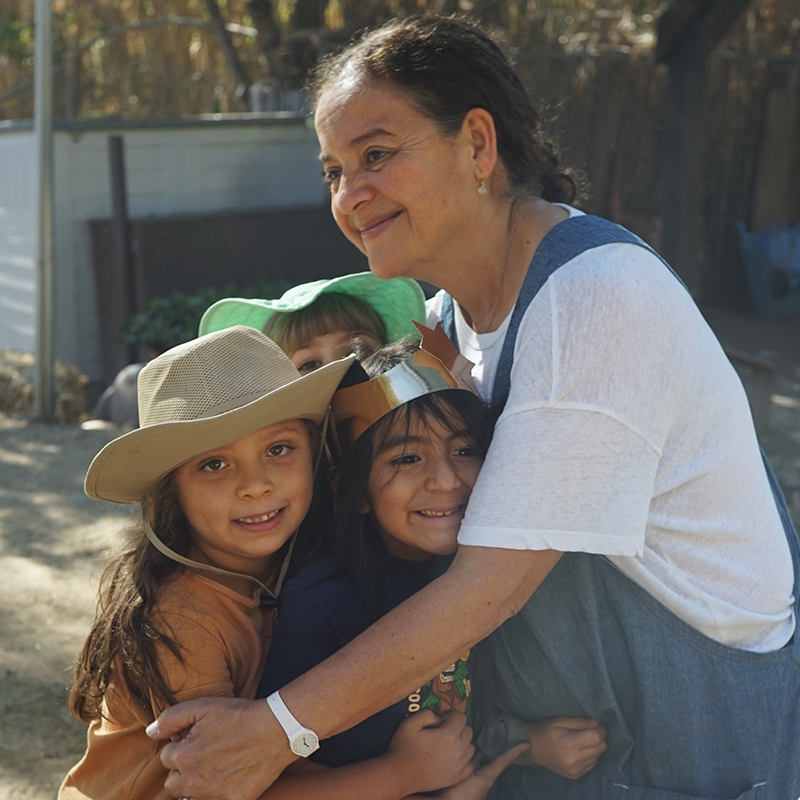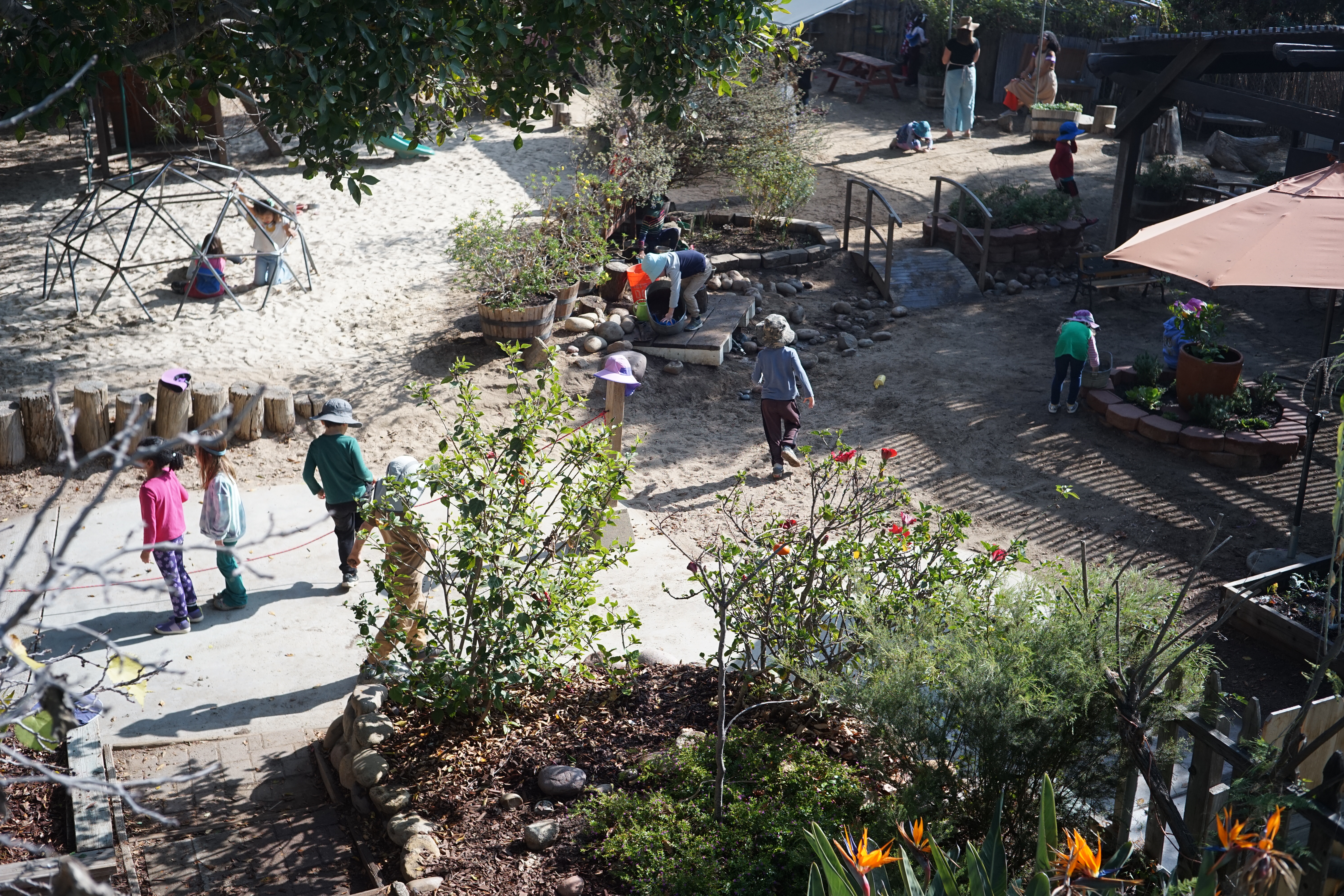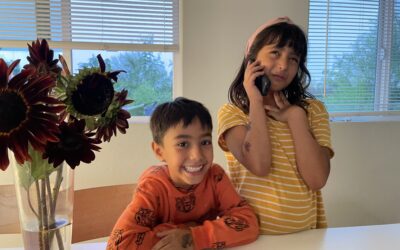Embracing Language for Inclusivity
A Title Worthy of the Role: Why Our Early Childhood Teachers Are Now Simply “Teacher”
Discover how our innovative approach to addressing teachers fosters a more inclusive and respectful learning environment.
The Power of Language in Education
At the Waldorf School of San Diego, we hold the belief that language shapes the way we see the world and interact with one another. This principle is especially true in the classroom, where the way we address each other can carry profound meaning. In light of this, our kindergarten and nursery teachers have embraced a simple yet impactful change: they are now addressed as “Teacher” rather than by traditional honorifics like Mr., Mrs., or Ms. This shift reflects two key values central to our school community: honoring the vocation of teaching and fostering inclusivity.
Teaching: A Vocation of Heart and Mind
In Waldorf education, teaching is not just a profession—it is a calling. Being a teacher is no small feat; so our teachers deserve the recognition as much as doctors do! Our teachers are guides, mentors, and nurturers of each child’s individuality and potential. By choosing to be called “Teacher,” our nursery and kindergarten educators emphasize their role as stewards of childhood development. This title highlights the essence of their work rather than traditional markers of marital status or other societal roles often associated with honorifics. It is a reminder to both students and families that the teacher’s primary role is rooted in education, care, and connection.
Fostering Inclusivity
Creating a Welcoming Environment

Inclusivity is a cornerstone of the Waldorf philosophy. As our understanding of gender evolves, so too must the language we use to ensure all members of our community feel respected and valued. Traditional honorifics like Mr., Mrs., and Ms. are often tied to binary gender norms, which may inadvertently exclude or misrepresent individuals whose identities do not fit neatly into those categories. By using “Teacher,” we create a classroom environment that is welcoming and affirming for everyone. This shift supports children in seeing their educators through the lens of their role and contribution rather than gender. It also sets an example of respect and adaptability that aligns with our broader commitment to diversity and equity.
A Thoughtful Transition
Seamless Adaptation and Positive Feedback
As with any change, this shift required thoughtful communication and collaboration. All Early Childhood families were informed of the new practice before the start of the school year, and the feedback has been overwhelmingly positive. Many parents have shared that this change feels harmonious with the ethos of the Waldorf School of San Diego, where community and respect are at the heart of our approach. For our students, the transition has been almost seamless.
Endearingly, the children who were used to calling me “Ms. Sheila,” at first, started calling me “Teacher Ms. Sheila.” The parents, meanwhile, were on board right away, calling me “Teacher.”
Young children naturally adapt to changes in language, and many have embraced the simplicity of calling their educators “Teacher.” In fact, this new title has already begun to deepen the sense of trust and connection in the classroom, as it focuses on the role of the teacher in their lives rather than external markers.
Embracing Our Core Values
A Commitment to Respect and Inclusion
This change is a small but significant step in aligning our practices with our values. It reflects our commitment to honoring the vital role of educators and fostering a community where every individual feels included and respected. By addressing our kindergarten and nursery educators as “Teacher,” we celebrate the heart of what it means to teach and learn within the Waldorf tradition. We invite our broader community to join us in embracing this practice and to reflect on the power of language in shaping a more inclusive, respectful, and connected world.





0 Comments